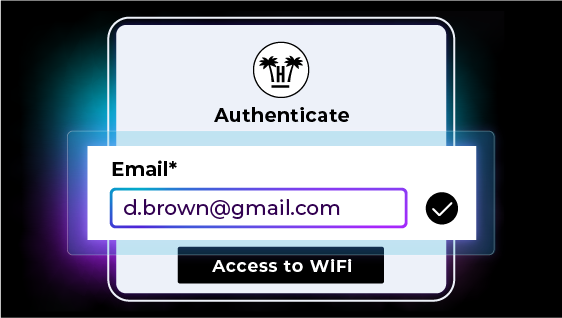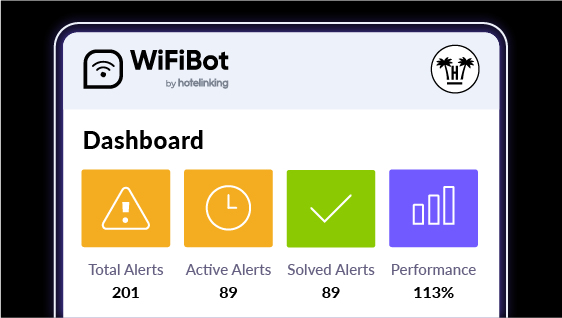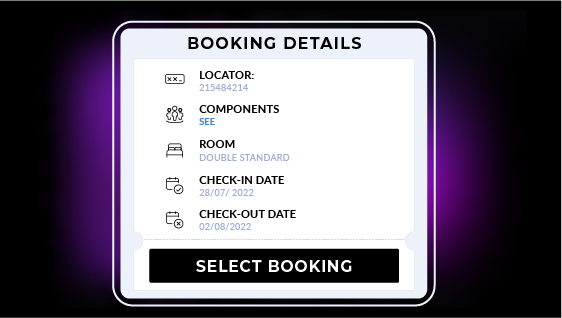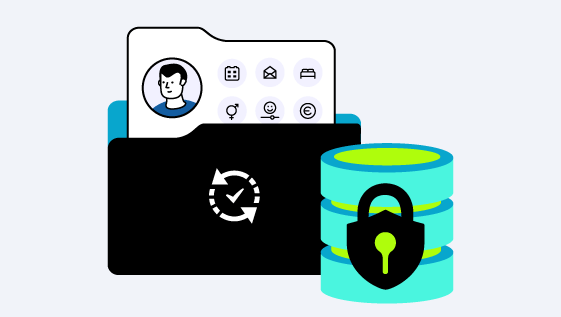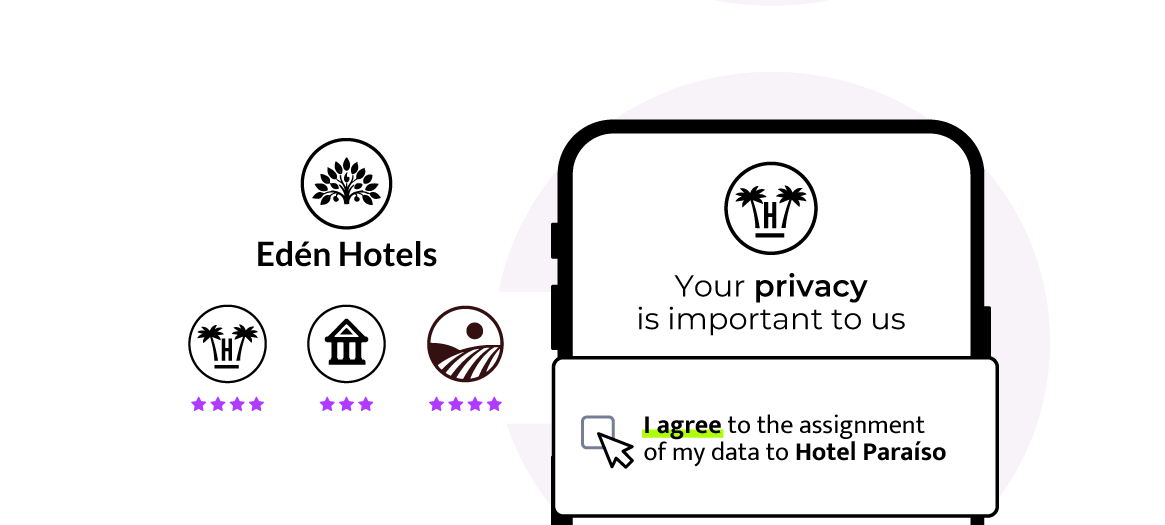
Hotel Guest Data Governance Framework: Executive Risk Assessment for Multi-Property Operations
We explore the strategic framework for guest data management in hotel groups: quality, consent, retention, access and audit. An essential approach to ensure regulatory compliance, optimise operations and turn the guest database into a key asset that drives loyalty and direct bookings.
When it comes to GDPR, a million-dollar fine is not always linked to a cyber-attack: it can also be due to poor management of guest data in areas such as retention, consent or processing.
When the CEO of a hotel group with 47 properties was asked by the board to assess the maturity of its guest data policies, the response revealed a concerning gap: while there were well-defined policies for financial data management, operational procedures, and brand standards, guest database management relied on informal processes that would not withstand serious regulatory scrutiny.
The hotel group collected guest data through multiple touchpoints—WiFi portals, loyalty programs, direct bookings, and front desk interactions—but lacked robust procedures to ensure data quality, manage consent, coordinate data sharing between properties, or comply with retention policies. This absence of proper data management exposed the organization to regulatory risks, operational inefficiencies, and lost revenue opportunities—effects that become even more pronounced at scale.
The distinction between simply managing databases and establishing a strategic framework for the responsible use of data remains a critical blind spot for many hotel executives. While operational teams focus on technical integration and campaign performance, it is the strategic and regulatory dimensions—such as legal compliance and the ethical use of data—that ultimately determine whether guest information can truly support long-term business goals.
The Hidden Liability in Informal Data Practices
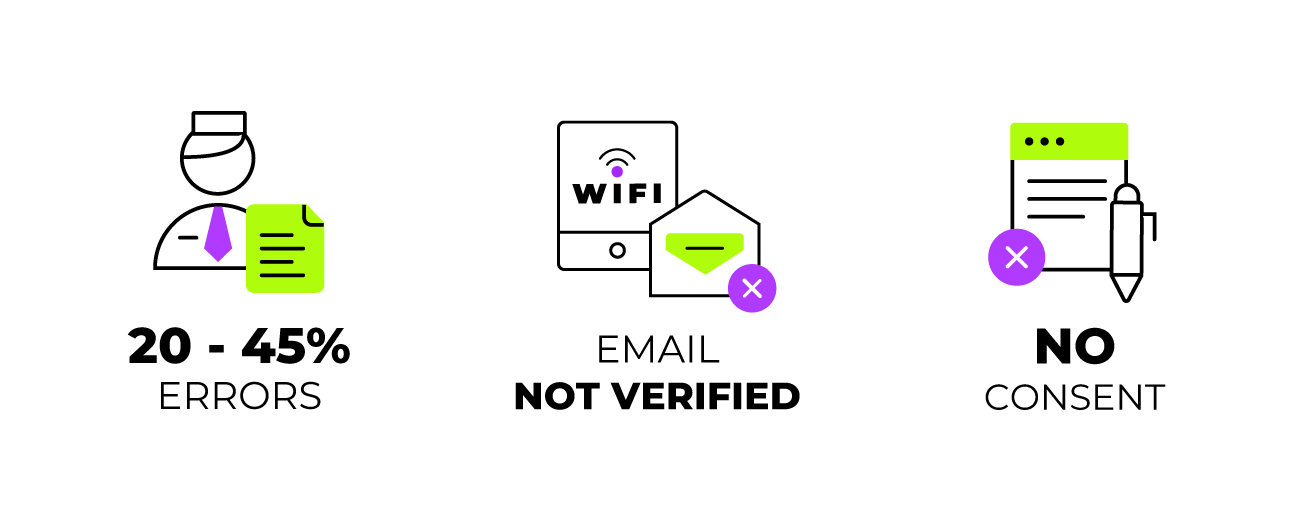
Most hotel groups operate guest data collection as a series of tactical initiatives rather than governed enterprise processes. Individual properties implement WiFi captive portals, loyalty program enrollments, and email collection procedures without centralized oversight of data quality standards, consent documentation, or cross-property sharing protocols. This decentralized approach creates compliance vulnerabilities that regulatory authorities increasingly target for enforcement actions.
The operational mechanics reveal systematic governance gaps that accumulate risk over time.
- Front desk staff collect guest emails manually without verification protocols, creating databases where 20% to 45% of addresses contain errors that damage sender reputation and waste marketing resources.
- WiFi systems capture guest information without real-time validation against property management records, allowing unauthorized users network access while missing opportunities to enrich guest profiles with verified contact data.
- Loyalty program enrollments proceed without systematic consent logging, creating audit trail gaps that complicate GDPR compliance demonstrations.
Cross-property data sharing compounds these governance challenges when hotel groups lack unified policies for guest profile consolidation and consent inheritance. A guest who provides marketing consent at one property may have their information shared across the entire portfolio without explicit permission for cross-property communications. Similarly, guests who request data deletion at one location may continue receiving marketing from other properties if governance frameworks don’t ensure consistent policy enforcement across all systems and locations.
In a routine compliance audit, this hotel group uncovered serious inconsistencies in consent management. While its properties in Germany maintained detailed records and meticulous tracking of permissions, those in Spain relied solely on verbal consent, without systematic documentation. The report warned that if regulators focused on the weakest practices rather than the strongest, the group’s exposure to fines could exceed €800,000.
Consent Architecture That Withstands Regulatory Scrutiny
Effective hotel guest data governance framework implementation requires systematic consent management that documents not only what permissions guests provide but when, where, and how those permissions were obtained. The technical architecture must support granular consent tracking that allows guests to specify preferences for different types of communications while maintaining audit trails that demonstrate compliance with evolving regulatory requirements.
The consent capture process begins at the point of data collection, typically when guests connect to WiFi networks or complete booking transactions. Advanced implementations present clear, specific consent options that allow guests to distinguish between operational communications necessary for their stay and marketing communications that support ongoing relationship development. The system documents the exact consent language presented, the guest’s specific responses, and the technical mechanisms used to capture and store consent decisions.
Real-time consent validation ensures that marketing communications align with documented guest preferences and regulatory requirements. When marketing teams prepare campaign distributions, automated systems check each recipient’s consent status and communication preferences to ensure compliance with their documented permissions. This validation process prevents inadvertent policy violations while supporting sophisticated segmentation strategies that respect guest privacy choices.
Consent inheritance protocols address the complex challenge of managing permissions across multi-property portfolios where guests may interact with different locations over time. The governance framework must define how consent provided at one property applies to communications from other locations, whether guests must provide separate consent for each property, and how consent modifications at one location propagate across the entire guest profile.
One of our clients with a large number of properties managed to reduce their regulatory audit preparation time from 120 hours per quarter to just 8, thanks to a comprehensive consent architecture. This systematization not only strengthened their ability to demonstrate GDPR compliance through automated audit trails but also enabled the marketing team to segment with greater precision, relying on documented preferences instead of abandoning campaigns due to uncertainty about consent.
The Five-Pillar Data Governance Model for Hotel Groups
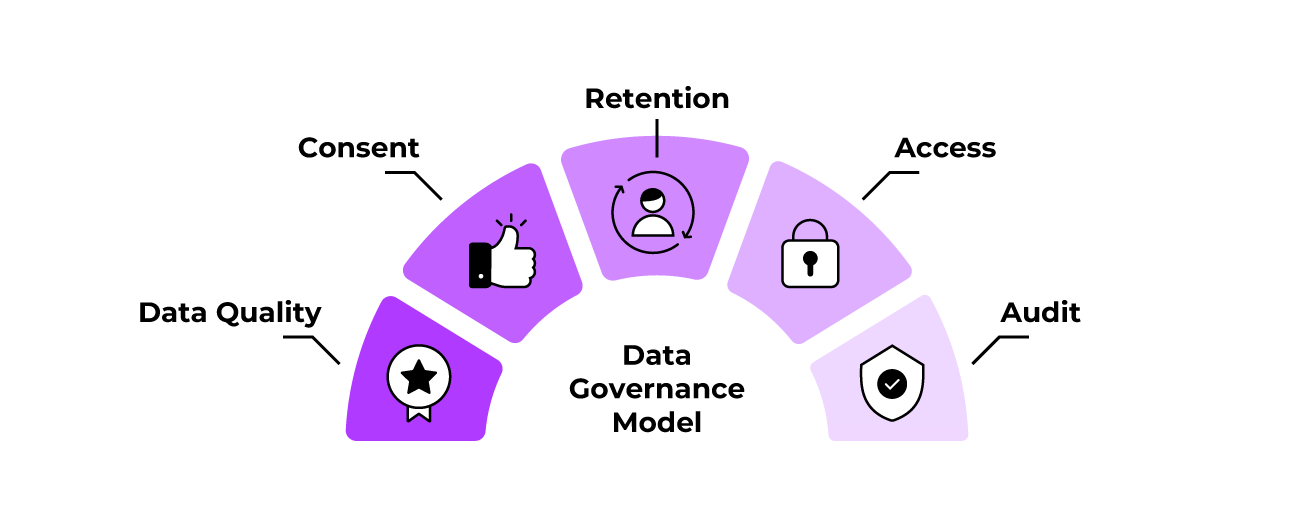
Mature hotel guest data governance framework implementation operates through five interconnected pillars that address data quality, consent management, retention compliance, access controls, and audit capabilities.
This model provides hotel group executives with systematic oversight of guest data practices while enabling operational teams to execute marketing and guest service initiatives within defined governance boundaries:
- Data quality governance establishes enterprise standards for guest information collection, verification, and maintenance across all properties and systems. The framework defines acceptable data sources, mandatory verification protocols, and quality thresholds that prevent poor-quality information from entering marketing databases. Real-time email verification gates check syntax formatting, domain validity, disposable email detection, and spam trap screening to ensure that collected addresses can support ongoing marketing communications. These quality standards typically improve email deliverability from industry averages of 85% to 90% up to 99% while reducing marketing waste and sender reputation risks.
- Consent governance creates systematic frameworks for documenting, managing, and honoring guest communication preferences across all touchpoints and properties. The model defines consent capture procedures, documentation requirements, and inheritance protocols that ensure marketing communications align with guest preferences and regulatory requirements. Granular consent tracking allows guests to specify preferences for different communication types while maintaining audit trails that demonstrate compliance with GDPR, CCPA, and other privacy regulations.
- Retention governance addresses the complex requirements for managing guest data lifecycle according to regulatory mandates and business requirements. The framework defines retention periods for different data types, automated archival procedures, and deletion protocols that ensure compliance with evolving privacy regulations. Spanish Law 25/2007 requires specific retention periods for guest registration data, while GDPR mandates data minimization principles that limit collection and retention to legitimate business purposes.
- Access governance establishes role-based controls that limit guest data access to authorized personnel with legitimate business needs. The framework defines user roles, permission levels, and audit logging that track who accesses guest information, when access occurs, and what actions are performed. Multi-factor authentication requirements, implemented since November 2024 across leading hotel technology platforms, provide additional security layers that protect guest data from unauthorized access.
- Audit governance creates systematic capabilities for demonstrating compliance with regulatory requirements and internal policies. The framework establishes automated logging, reporting dashboards, and compliance monitoring that enable rapid response to regulatory inquiries and internal audit requirements. Comprehensive audit trails document data collection sources, consent capture mechanisms, retention policy enforcement, and access control effectiveness.
Executive Action Framework for 90-Day Implementation
Hotel group executives implementing comprehensive guest data governance frameworks should prioritize three immediate initiatives that establish governance foundations while delivering measurable improvements in compliance posture and marketing effectiveness within 90 days of deployment.
1. Gap Assessment and Baseline
The first priority involves conducting systematic governance gap assessments across all properties and data collection touchpoints to identify compliance vulnerabilities and operational inefficiencies. This assessment should quantify current consent documentation practices, data quality levels, retention policy enforcement, and access control effectiveness while establishing baseline metrics for measuring governance improvement initiatives. The evaluation must address cross-property data sharing practices, consent inheritance protocols, and audit trail capabilities that determine regulatory compliance readiness.
2. Automation in Data Capture and Consent
The second priority establishes automated consent management and data quality verification systems that prevent governance violations at the point of data collection rather than requiring remediation after problems occur. Real-time email verification gates should implement syntax checking, domain validation, disposable email detection, and spam trap screening to ensure that collected addresses can support ongoing marketing communications. Consent capture mechanisms must document specific permissions, present clear opt-in language, and maintain audit trails that demonstrate compliance with GDPR and other privacy regulations.
3. Executive Monitoring and Reporting
The third priority implements comprehensive monitoring and reporting capabilities that provide executive visibility into governance performance and compliance readiness across the entire hotel group portfolio. Automated dashboards should track data quality metrics, consent documentation completeness, retention policy enforcement, and access control effectiveness while providing early warning systems for potential compliance issues. Regular reporting must connect governance metrics to business outcomes, demonstrating how systematic data governance supports marketing effectiveness and regulatory compliance simultaneously.
Expected Results
Hotel groups that implement systematic hotel guest data governance frameworks achieve measurable improvements in both compliance posture and marketing performance, typically seeing email deliverability rates increase to 99% while reducing regulatory compliance preparation time by 85% to 90%. The governance capabilities required for these outcomes exist today through integrated captive portal systems, automated verification protocols, and comprehensive consent management platforms that treat guest data as a strategic asset requiring systematic protection and activation.
